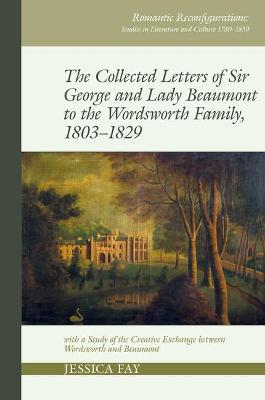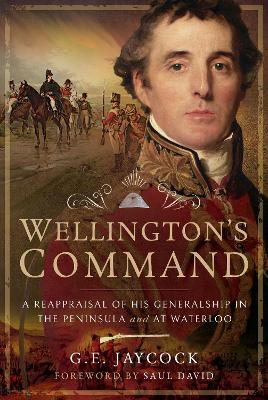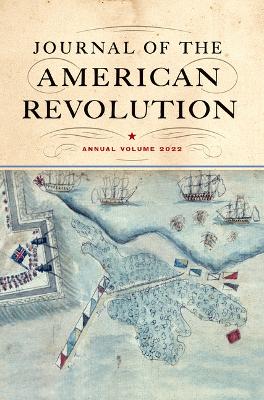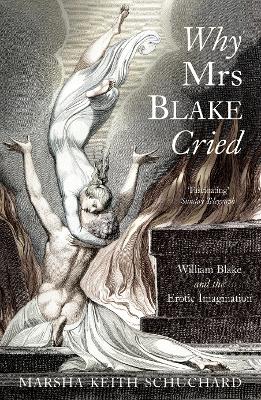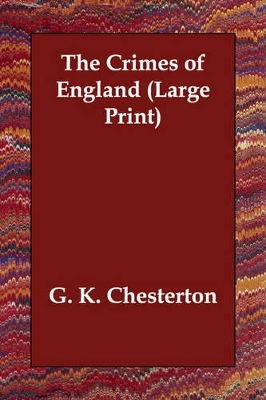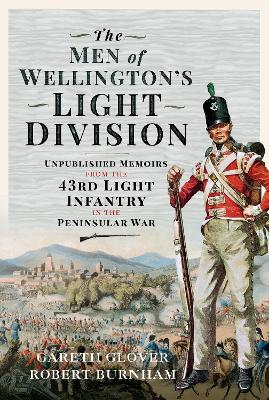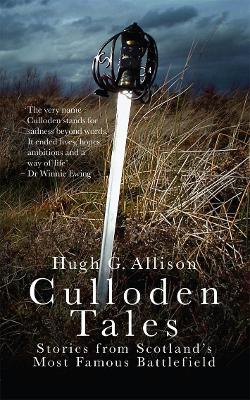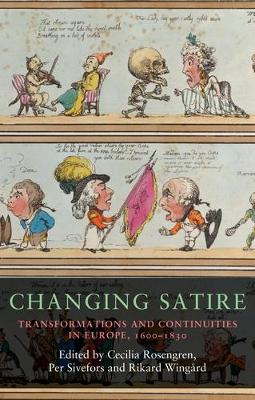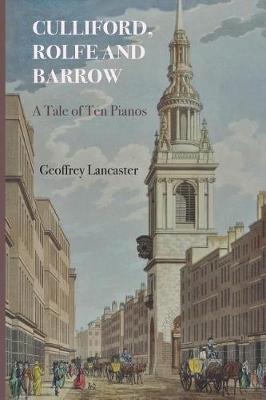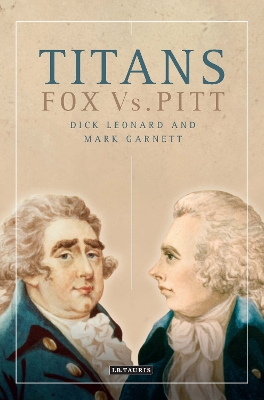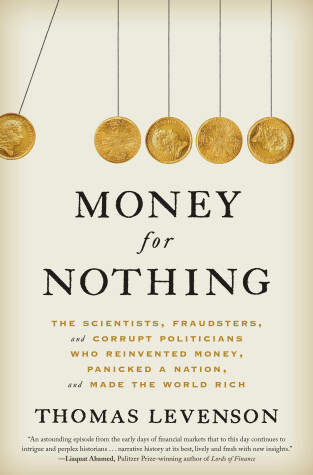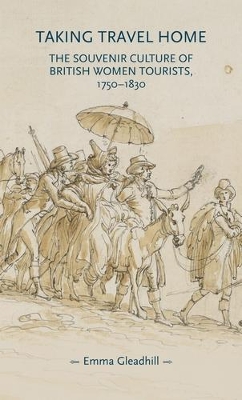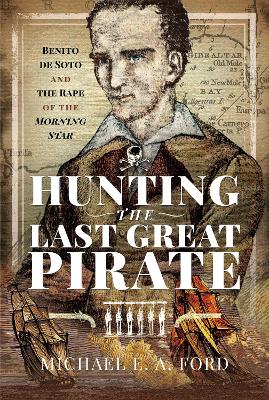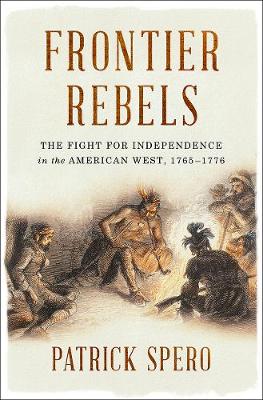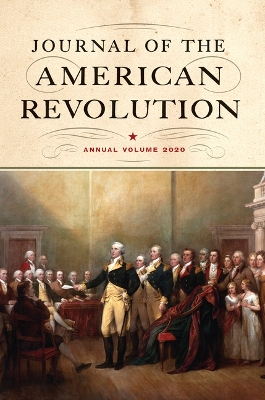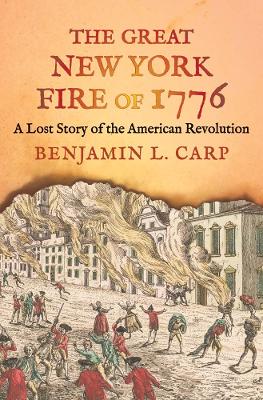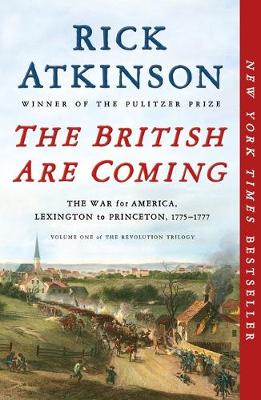Sir George Beaumont is a key figure in the history of British art. As well as being a respected amateur landscape painter, he was a prominent patron, a collector, and co-founder of the National Gallery. William Wordsworth described Beaumont’s friendship as one of the chief blessings of his life, and this edition reveals that the two men became collaborators as well as companions. In addition to documenting unique perspectives on social, political, and cultural events of the early nineteenth cent...
The Duke of Wellington's victory at the Battle of Waterloo cemented his reputation as a great general and much subsequent writing on his career has taken an uncritical, sometime chauvinistic view of his talents. Little has been published that fully pins down the reality of Wellington's leadership, clearly identifying his weaknesses as well as his strengths. George E. Jaycock, in this perceptive and thought-provoking reassessment, does not aim to undermine Wellington's achievements, but to provi...
Much has been written about the work of William Blake and some of the religious beliefs that influenced him, but there is a secret history which, until now, has been kept deep beneath the surface in the mystical underground of England in the eighteenth-century. Here, leading Blake scholar Marsha Keith Schuchard reveals an altogether more intriguing and controversial picture of the poet and artist.The discovery of Blake family documents took Schuchard on a journey of detection that led her to a c...
The Crimes of England is a series of essays written during the Great War that highlight, in Chesterton's learned and generally witty opinion, the failings of his country. The collection opens with a letter to Professor Whirlwind, a German whose name 'is too much for me', and who has been writing articles attacking England in the newspapers of the day. Chesterton savagely and cleverly whittles the Professor down to a very small nub indeed, and then he goes on to highlight his own problems with En...
The Men of Wellington�s Light Division
by Glover, Gareth and Burnham, Robert
Some of the most famous memoirs of Britain's long war against Napoleon have come from the pens of members of Wellington's Light Division, but many wonderful accounts were never published and have sat in archives, libraries, museums, and private collections, forgotten for 200 years. The regiments of the Light Division, and its predecessor, the Light Brigade, were involved in almost every major battle and skirmish fought by Wellington and Sir John Moore in the Peninsular War. Unlike the line infa...
Culloden was the last battle on British soil. It marked the end of clan culture and was the harbinger of the Highland Clearances. It ensured the inevitability of the American Revolution and increased the outpouring of Scots across the globe. It is the only battle that British Army regiments are not permitted to include in their battle honours; the only battle that Bonnie Prince Charlie ever lost; and the only battle that the Duke of Cumberland ever won.Culloden is a battlefield, a graveyard and...
Until now there has not been a serious study of the rifle-armed regiments of the British Army that earned such renown in the Peninsular and Waterloo campaigns. Compiled by a former rifleman, Ray Cusick, who has written extensively on the subject, Wellington's Rifles examines the new rifle regiments, how they came about, their development and their actions. The author also investigates the introduction of rifled muskets into the British Army in the French and Indian wars of the eighteenth centur...
This edited collection brings together literary scholars and art historians, and maps how satire became a less genre-driven and increasingly visual medium in the seventeenth through the early nineteenth century. Changing satire demonstrates how satire proliferated in various formats, and discusses a wide range of material from canonical authors like Swift to little known manuscript sources and prints. As the book emphasises, satire was a frame of reference for well-known authors and artists rang...
Charles James Fox and William Pitt the Younger were the two political giants of their day - the greatest of orators, and the fiercest of rivals. But did the two men have anything in common? Each was a younger son of distinguished fathers, who themselves had been bitter rivals for power a generation earlier, and each came to prominence at a very young age. Temperamentally, however, they could hardly have been more different. Fox was genial, tolerant, gregarious, self-indulgent, rash, a reckless...
Scandal existed long before celebrity gossip columns, often hidden behind the closed doors of the Georgian aristocracy. But secrets were impossible to keep in a household of servants who listened at walls and spied through keyholes. The early mass media pounced on these juicy tales of adultery, eager to cash in on the public appetite for sensation and expose the shocking moral corruption of the establishment. Drawing on a rich collection of original and often outrageous sources, this book brings...
The sweeping story of the world’s first financial crisis: “an astounding episode from the early days of financial markets that to this day continues to intrigue and perplex historians . . . narrative history at its best, lively and fresh with new insights” (Liaquat Ahamed, Pulitzer Prize–winning author of Lords of Finance) A Financial Times Economics Book of the Year ● Longlisted for the Financial Times/McKinsey Business Book of the Year Award In the heart of the Scientific Revolution, whe...
Taking travel home provides a cultural history of the travel souvenir. It situates the souvenir at the crossroads of competing ideas of what travel stood for which were fought out amongst a rapidly growing constituency of British tourists between 1750 and 1830.Drawing from the theory of the souvenir as a nostalgic narrative instrument, the book uncovers how elite women tourists developed a souvenir culture around the texts and objects they brought home to realise their ambitions in the arenas of...
In 1827 the Duke of Wellington - former Commander-in-Chief of the British Army and British Prime Minister - ordered the withdrawal of British soldiers from the island of Ceylon after years of bloody conflict there. English cargo vessels, including the unarmed English Quaker ship _Morning Star_, were despatched to sail to Colombo to repatriate wounded British soldiers and a cargo of sealed crates containing captured treasure. By January 1828 , _Morning Star _was anchored at Table Bay, Cape Town,...
Restriction, regulation and surveillance formed the dominant discursive context of England in the years 1790-1820. Underneath the "Romantic" writers, ultra-radical artisans developed a discourse based on the revolutionary ideology of Thomas Spence which proposed the corporate ownership of land and the overthrow of the Government by physical force. The story of the Spenceans is an extraordinary narrative of the articulacy of an artisan class which was kept under increasing scrutiny by the Governm...
In 1763, the Seven Years' War ended in a spectacular victory for the British. The French army agreed to leave North America, but many Native Americans, fearing that the British Empire would expand onto their lands and conquer them, refused to lay down their weapons. Under the leadership of a shrewd Ottawa warrior named Pontiac, they kept fighting for their freedom, capturing several British forts and devastating many of the westernmost colonial settlements. The British, battered from the costly...
Who set the mysterious fire that burned down much of New York City shortly after the British took the city during the Revolutionary War? New York City, the strategic center of the Revolutionary War, was the most important place in North America in 1776. That summer, an unruly rebel army under George Washington repeatedly threatened to burn the city rather than let the British take it. Shortly after the Crown's forces took New York City, much of it mysteriously burned to the ground. This is the...
'To say that Atkinson can tell a story is like saying Sinatra can sing ... A powerful new voice has been added to the dialogue about [America's] origins as a people and a nation. It is difficult to imagine any reader putting this beguiling book down without a smile and a tear.' New York Times In June 1773, King George III attended a grand celebration of his reign over the greatest, richest empire since ancient Rome. Less than two years later, Britain's bright fu...
